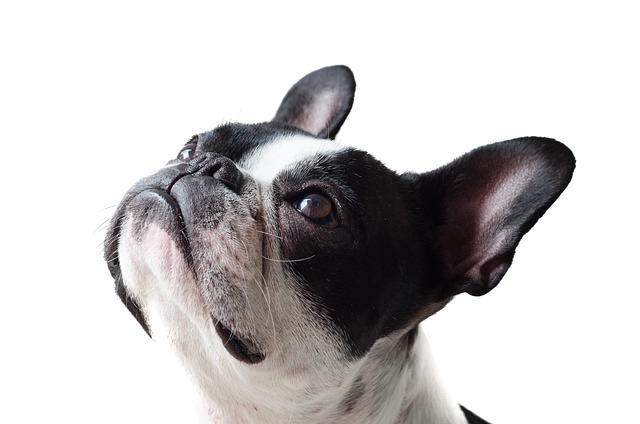
how to train a dog to not jump on the bed
When your pup’s paws hit the edge of the bed first thing in the morning, tail wagging like a metronome, it’s hard to stay firm—after all, those puppy eyes seem harmless.
When your lab mix’s paws hit the dining table mid-dinner, knocking over a glass of water, it’s easy to sigh—but that jump isn’t defiance. Dogs are natural scavengers, with a sense of smell 10,000 times stronger than ours, so even a crumb of leftover pizza triggers their instinct to investigate. They’re not being “bad”—they’re following their nose, and sometimes, past success (like snagging a dropped fry) reinforces the behavior. The key isn’t to stop their curiosity, but to redirect it to more appropriate places.
Start with management to remove temptation. Clear the table immediately after meals, wiping down crumbs with a citrus-scented cleaner—most dogs dislike citrus, which adds a gentle deterrent. For counter surfers (yes, table jumping counts!), use baby gates to block kitchen access during meal prep, especially in open-concept apartments in Chicago or Miami where the table’s visible from the couch. When they approach the table, say “let’s go to your spot” in a calm voice and guide them to a designated mat with their favorite toy. The second their paws hit the floor, reward with enthusiastic scratches and a “good spot, buddy!” Positive reinforcement—rewarding what you want to see—works far better than yelling or tapping their nose, which only confuses them. Remember, 49 states require current rabies tags on collars, so keep their ID handy even during training sessions, especially if they dart into shared spaces like apartment hallways.
Consistency turns training into habit, and everyone in the house needs to join in. If kids leave snacks on the table “just for a second,” your beagle will learn to wait for those moments—so set a rule: table stays clear, always. Practice short sessions (5 minutes, twice a day) when the house is quiet. Hold a treat near the table, then move it slowly to their mat; when they follow without jumping, praise them like they just won a prize. In tight-knit neighborhoods like Austin’s, this quiet training keeps noise down—no loud scolding that might disturb neighbors—and builds trust. For apartment dwellers in NYC or LA, that mat becomes their “calm zone,” making mealtimes peaceful for both of you. And don’t forget: even if table jumping is an indoor issue, outdoor etiquette still applies—always carry poop bags on walks (fines for forgetting reach $200 in Boston or San Diego) and keep their vaccine records updated, as vets often ask for proof during check-ups.

Redirecting their focus beats stopping the behavior cold. If they sneak a jump while you’re cooking, don’t react with surprise—stay calm, say “oops, let’s try again,” and guide them to their mat. Over time, they’ll learn that the table brings no rewards, but their mat brings pets and praise. Never use punishment like shaking a can of coins or spraying water; fear doesn’t teach good habits, it just teaches them to avoid getting caught. In communities that value positive pet ownership, like Portland or Seattle, this kindness turns a counter-surfing pup into a well-mannered companion. With patience, consistency, and respect for both your dog’s instincts and community rules, that table will stay paws-free in no time.

When your pup’s paws hit the edge of the bed first thing in the morning, tail wagging like a metronome, it’s hard to stay firm—after all, those puppy eyes seem harmless.

When your lab mix’s paws hit the dining table mid-dinner, knocking over a glass of water, it’s easy to sigh—but that jump isn’t defiance. Dogs are natural scavengers
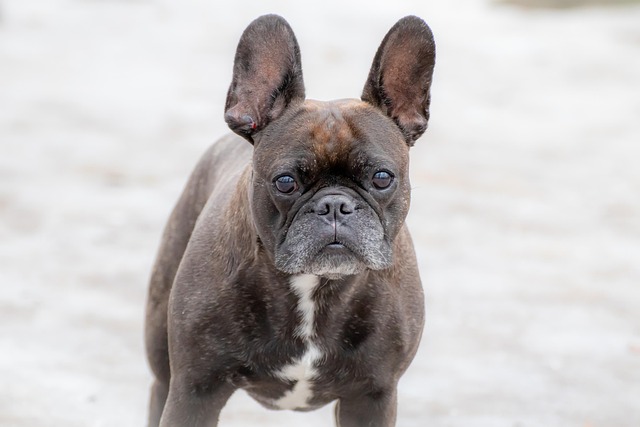
When your dog’s hackles rise, ears pin back, and low growls rumble in their throat, that tense body language isn’t “being bad”—it’s their way of saying
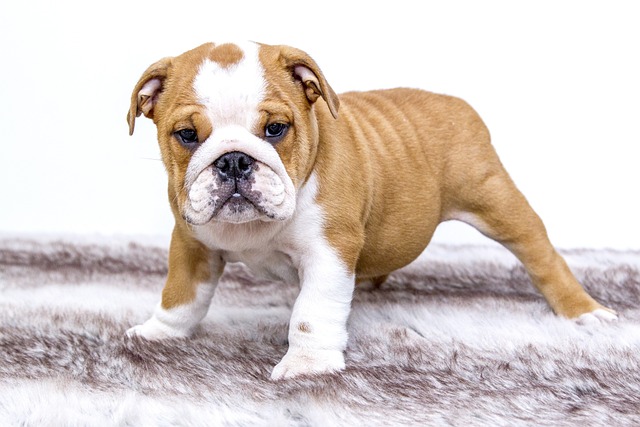
When your dog growls, snaps, or lunges—whether at a stranger, another pet, or even a sudden noise—it’s natural to feel the urge to “correct” the behavior firmly.
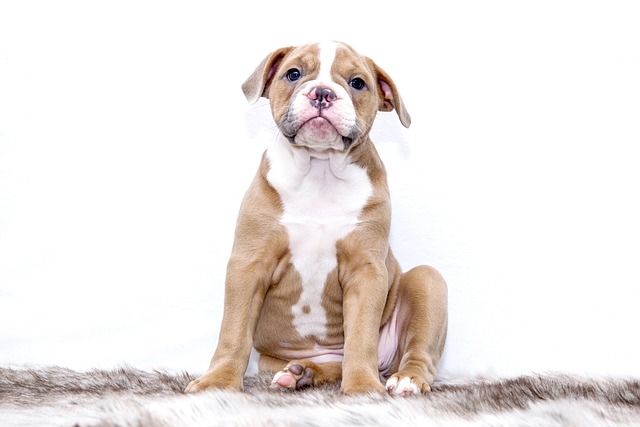
When you’re faced with a dog that growls, snaps, or lunges at other dogs, strangers, or even sudden sounds, it’s easy to feel discouraged
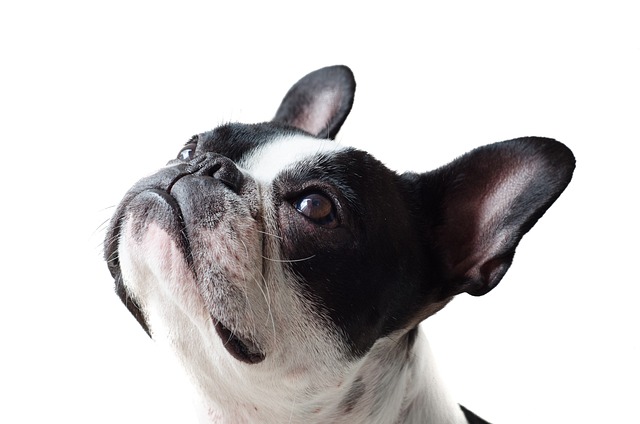
When your pup starts barking up a storm at the doorbell, the mailman, or even a squirrel outside the window, it’s easy to feel frustrated